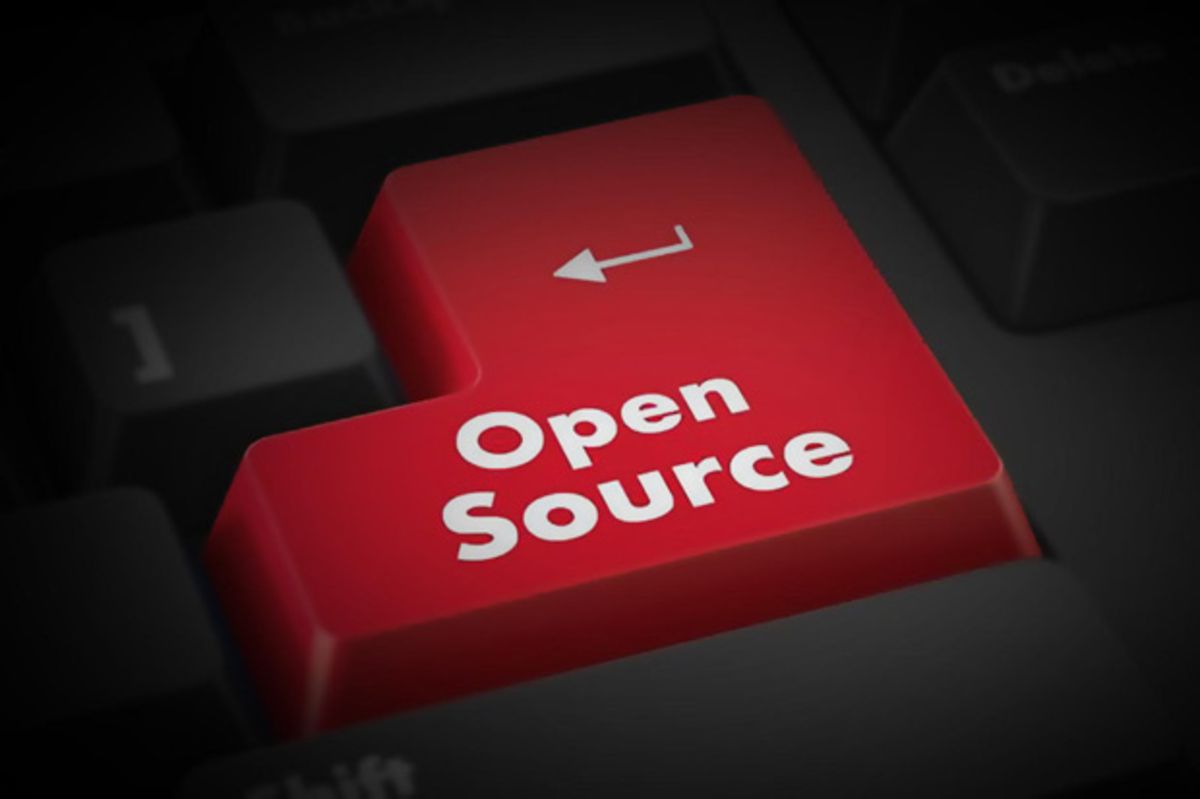Realities and perspectives of digital sovereignty and open source in France


Digital sovereignty is a major issue for France. Initiatives such as CollabNext or IS Suites, supported by the state, are intended to be responses to the delay taken by the country. They are largely based on open source software, which can contribute significantly to digital autonomy (failing to guarantee sovereignty). Above all, these initiatives face a major challenge: the dominance of GAFAM. It is therefore the involvement of the State and the synergies within initiatives such as CollabNext, which will influence the large-scale adoption of open source solutions to ensure digital sovereignty.
Let’s take stock of the subject, a few days after the Open Source Experiment.
CollabNext, a French collaborative consortium, has emerged as a key initiative in the debate on digital sovereignty. The project aims to unite the forces of French technological players, including several open source solution publishers, to create sovereign solutions that are competitive against GAFAM. However, despite its ambitions, CollabNext navigates in a complex environment, marked by strong international competition and challenges inherent in collaboration between its members. This reality raises questions about its ability to transform these aspirations into tangible results.
The French government, by supporting three initiatives of this type (CollabNext, IS Suites and Wimi) shows its commitment to open source and emphasizes the urgency linked to the reconquest of a French digital sovereignty or at least initially, autonomy. However, the extent and effectiveness of this support are subject to debate. There are voices calling for a more integrated European strategy, arguing that national efforts could prove insufficient in the face of well-established global players. The dilution of state support for several different initiatives also raises questions.
Open source and digital sovereignty: a more complex relationship than it seems
Open source, touted for its transparency and security, is at the heart of data sovereignty concerns. Nevertheless, open source does not automatically guarantee digital sovereignty. Major challenges persist, in particular in terms of data governance and local technical capacities to maintain and develop these technologies.
It is essential to recognize that open source is not a miracle solution, but rather a philosophy, a commitment that, if properly understood, can contribute significantly to digital autonomy. France, by supporting initiatives based on open source, is taking an important step. However, it must also invest in training, research and development to maximize the benefits.
The future of open source and the vision of the French market
Open source in France therefore seems to promise a bright future, with increasing adoption in various sectors, including the public. However, this future strongly depends on the ability to create an ecosystem that supports innovation and collaboration between publishers. The open source approach remains variously appreciated by companies according to their size and their sector. This also implies a personalized approach for its adoption, especially in large private sector organizations.
The role of companies, in tandem with public action, will therefore be essential to shape the future of sovereignty and digital autonomy. Publishers must not only develop technologies, but also create synergies, promote open standards and ensure quality education around the issues of open source. The success of this approach requires a strategic vision and a sustained commitment from all stakeholders.
Build from proven open source solutions
Although initiatives such as CollabNext and open source represent founding elements for French digital sovereignty and autonomy, their success will depend on the ability to overcome important challenges and establish effective collaboration between the various actors. The future of open source in France, supported by the state, is proving promising, but requires a balanced and realistic approach to reach its full potential.
While waiting to see these initiatives come to fruition, companies can already build their own solutions, using the main ingredients: proven open source business software, guarantees of transparency and control, associated with trusted cloud hosting. The Open Source Experience fair, which was held in Paris from December 6 to 7, was an opportunity to confirm this.








